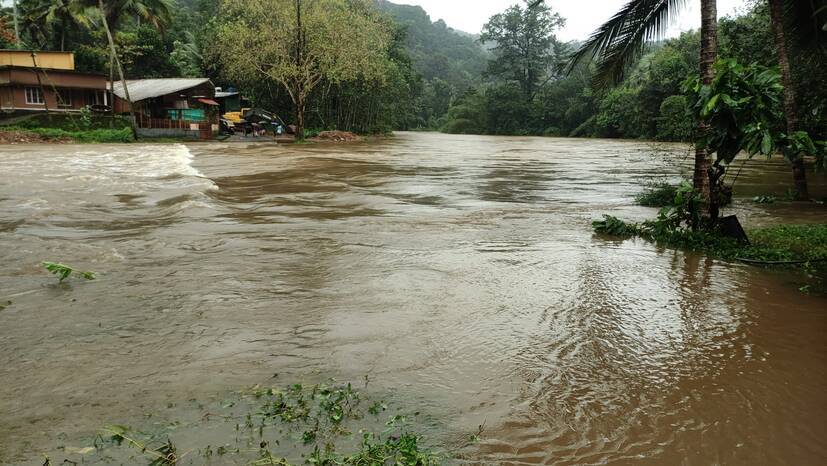

The recent rain that submerged several areas of Thiruvananthapuram has served as a stark reminder of the pressing issue of waterlogging in the city. The local authorities have taken this as a wake-up call, and a decision was made to expedite action plans aimed at finding a permanent solution to this perennial problem. The resolve of the city's ministers, who are also its residents, was evident in the high-level meeting convened under the leadership of V. Sivankutty and Antony Raju on Monday. If the decisions formulated in this meeting come to fruition, Thiruvananthapuram residents will be able to rest easy during the next monsoon, no matter where they live in the city. The proposed works, categorized into those achievable in a hundred days and those requiring a more extended timeline, are a significant step forward.
The initial phase in addressing waterlogging entails the removal of soil, silt, and other debris obstructing the primary water channels traversing urban areas. With the cleaning of streams including Amayizhanchan, Pattom and Ullur, which are currently obstructed by garbage, the situation will be ready for smooth flow of water. It would be highly advantageous if Parvati Puthanaar, which has served as an open sewage drain for years, could also undergo a much-needed cleanup. A plan to cleanse and broaden Parvati Puthanaar, making it navigable for boats and appealing to tourists, has been languishing in government files for an extended period. Despite its significance as the starting point for the proposed Kovalam-Kottapuram National Highway, Parvati Puthanaar has yet to garner the attention it deserves.
The commencement of drainage cleaning on 81 roads within the Smart City Road projects has been scheduled within a week. Many instances of waterlogging throughout the city are attributable to clogged drains, preventing proper water flow. The remedy is clear: clean the drains and canals, ensuring unhindered water movement. Such endeavours should be sustained over time, with the municipality being entrusted with this responsibility. The cleaning project should reach completion by year-end, overseen by diligent officials. A deficiency in this process has contributed to several of the city's existing challenges.
Numerous roads have languished in an unfinished state for years, with some being so dilapidated that pedestrian use is hazardous. A decision has been reached to finalize the renovation of these roads before the arrival of June. To ensure project progress, ministers and the mayor should conduct regular site visits, assessing work advancement. It is also crucial to ensure that garbage removed from drains is disposed of the same day, thereby averting complications like debris returning during sudden rains. Broken drains should be repaired, and the need for accountability in these tasks cannot be overstated.
If the soil and silt in Pattam, Ullur and Thettiar streams are removed and widened, the waterlogging in the city will be alleviated. The authorities are evacuating because they want to widen the ditches to evacuate those who have encroached on them. There is no legal bar to finding encroachment and eviction. Coordination of departments is essential for urgent work. At least the action plans formed now should be completed within the specified days to avoid a repeat of the disaster in which the city was submerged in rain.